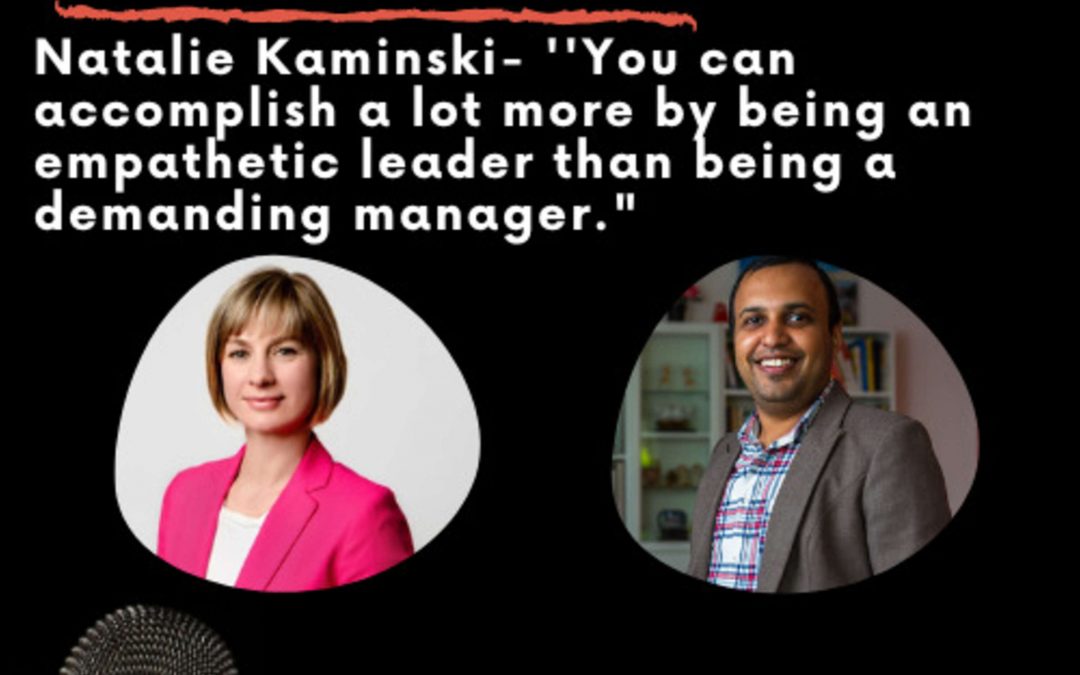This is the Leadership Journey series on the Choosing Leadership Podcast.
I believe we all have a lot to learn from each other’s stories – of where we started, where we are now, and our successes and struggles on the way. With this series of interviews, my attempt is to give leaders an opportunity to share their stories and for all of us to learn from their generous sharing. If you know a leader whom you would like to see celebrated on the show, please send me a message on LinkedIn with their name.
In the interview, we speak about how starting JetRockets was not planned but accidental, and why she is running a TEAL self-managed organisation. We spoke about her views on leaders, some of the recent mistakes she had made, and her commitment to her employees was evident from how they moved their employees out of Russia because “it was the right thing to do”.
You can find Natalie at the below links
In the interview, Natalie shares
- I had to take a step back and learn to delegate. And to learn to focus on working on the business, not in the business.
- You can accomplish a lot more by being an empathetic leader as opposed to being a demanding manager
- if a mistake is made, it’s okay. It’s a learning, it’s a learning opportunity and I actually encourage my people, my employees, to go outside of their box, their thinking box, to try new things because that’s what contributes to creativity and improvement over time.
- You have to treat your employees as children in a right and you allow your children to make mistakes, and that’s how to learn to walk.
- I’ve learned a lesson never to try and address the issue immediately. So if something were to happen, you gotta take a break of a few minutes, 15 minutes, 30 minutes, or even an hour is not going to change anything dramatically in terms of your response, but it will definitely, in terms of your response time, but it’ll definitely have a drastic effect and quality of your response.
- I want to understand what happened instead of coming to that employee and being, How could you have done this? The question is, what do you think went wrong? What could you have done differently?
- If they take ownership, There are two things that happen. First of all, they see that you’re trying to help them grow. Second of all, they remember that lesson and it, they retain it in their mind. So the likelihood of the same issue occurring again decreases dramatically.
- Ultimately your goal as a leader is to build that relationship with your team so that they come to you. It has nothing to do with fear of punishment or repercussion or anything like that.
- We’re business. We’re not an army.
- So it’s my job to serve them, to empower them to then service our clients, which in turn helps me accomplish my goal of building a, larger and more successful organization.

